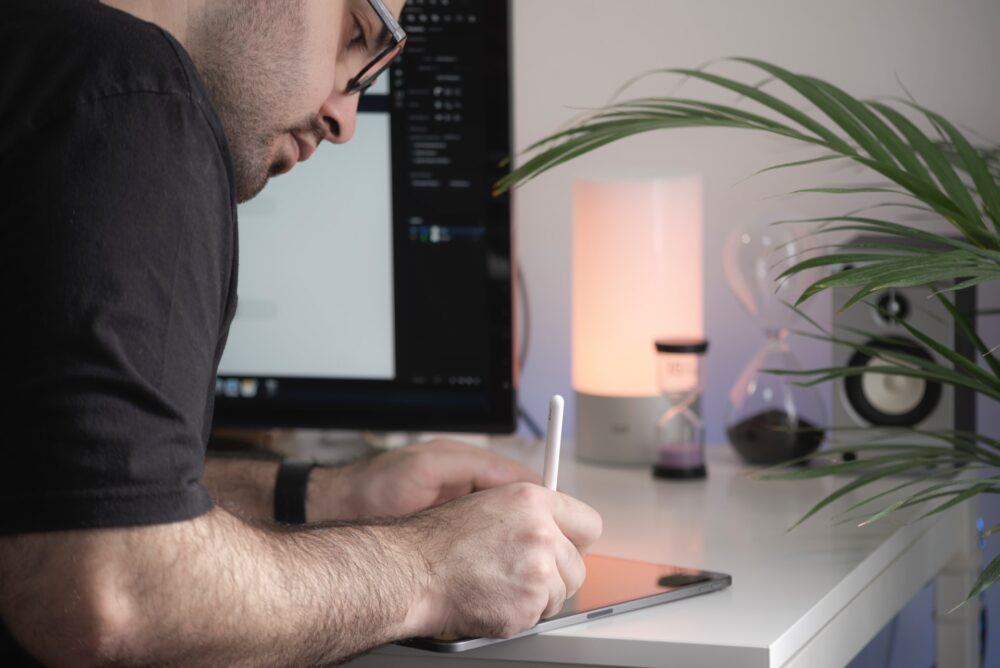Every student is different and will need to take breaks at different intervals depending on their focus, concentration, and energy levels. As a general rule of thumb, it is recommended that students take a break every 20-30 minutes when studying for extended periods. This will help to prevent burnout and allow them to stay refreshed and focused on the task at hand.
How often students need to take breaks depends on a variety of factors, including their age, the type of work they are doing, and how long they have been working. Younger students may need to take more breaks than older students. This is because their attention spans are shorter, and they may get tired more easily. For older students, taking a break every 20 minutes or so should be sufficient.
The type of work students are doing also affects how often they need to take breaks. If students are working on a mentally challenging task, they may need to take more breaks to stay focused. However, if students are working on a physically demanding task, they may need to take fewer breaks or find a research paper writing service like Paperwriter, which can provide them with editing and proofreading or even write the whole paper.
Why Breaks Are Important

Source: unsplash.com
You may often tend to push yourself too hard when it comes to studying. You tell yourself that you’ll take a break after you finish this one last chapter, or you’ll study for just one more hour before you call it quits for the night. But before you know it, it’s 2 a.m., and you’re still going strong. True story?
Don’t misinterpret this, though. There’s nothing wrong with putting in a few extra hours of studying from time to time. But if you’re making a habit out of burning the midnight oil, you’re not doing yourself any favors. You might be hindering your performance. Here’s why it’s important to take breaks while you study.
Breaks Help You Retain Information
If you’re cramming for an exam, it’s easy to think that the more time you spend studying, the better off you’ll be. But that’s not necessarily true. Research has shown that taking breaks can help you retain information better than if you had just studied straight through.
One study found that students who took a 10-minute break after every 50 minutes of studying performed better on tests than those who didn’t take any breaks. So if you’re trying to memorize a list of vocabulary words or formulas, take a break every so often to give your brain a chance to rest. You’ll come back feeling recharged and more able to focus.
Breaks Can Help Improve Your Mood
When you’re feeling stressed out, it can be hard to focus on your studies. But if you take a break to do something you enjoy, it can help improve your mood and make it easier to focus when you go back to work.
Take a few minutes to listen to your favorite song, take a walk around the block, or chat with a friend. Whatever you do, make sure it’s something that will help you relax and clear your head.
Breaks Can Increase Your Productivity

Source: unsplash.com
It might seem counterintuitive, but taking breaks can help you get more tasks done in the long run. That’s because when you’re feeling fresh and well-rested, you’re able to work more efficiently and get more done.
If you find yourself struggling to focus, take a break and come back with a new perspective. You’ll be surprised at how much more creative you can be.
Breaks Can Help Prevent Burnout
If you’re not careful, studying can quickly turn into a chore. And when that happens, it’s easy to start feeling burned out. To avoid this, make sure to schedule some time for fun and relaxation. Otherwise, you run the risk of hating your studies and losing motivation.
Breaks Can Help You Stay Healthy
When you’re stressed out, your body goes into survival mode, which can harm your health. If you’re not careful, you can end up with problems like insomnia, anxiety, and even depression.
To avoid these health problems, it’s important to take breaks and give your body a chance to relax. Make sure to schedule some time for relaxation and socializing. These activities will help reduce your stress levels and improve your overall health.
How to Take Breaks Effectively?

Source: unsplash.com
Now that you know the importance of taking breaks, here are a few tips on how to do it without feeling guilty:
1. Set a timer
If you have a hard time taking breaks, set a timer for yourself. Once the timer goes off, take a short break. Use this time to get up and stretch, grab a snack, or call a friend.
2. Make a plan
If you’re worried about falling behind, make a study plan for yourself. Decide how long you’re going to study and when you’re going to take breaks. This will help you stay on track and make sure you’re getting the most out of your study time.
3. Take a break after every task
After you finish a task, take a break. This can be a five-minute break or a longer break, depending on how long the task took you. This will help you stay focused and avoid burnout.
4. Get enough sleep
Make sure you’re getting enough sleep at night. This will help you feel well-rested and better able to focus during the day.
5. Take a day off
If you’re feeling overwhelmed, take a day off from studying. This will give you a chance to relax and recharge. Taking breaks is an important part of studying, but it’s also important to find a balance.
To Wrap It Up
Make sure you’re not taking too many breaks, or you’ll fall behind. But at the same time, don’t push yourself too hard. Find a happy medium that works for you and stick to it to stay fresh and focused and avoid feeling overwhelmed by studying.


















